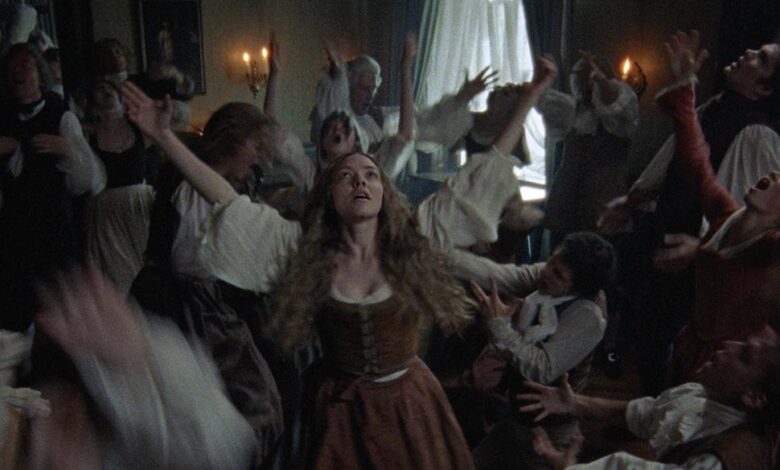The Testament of Ann Lee: Amanda Seyfried Leads Mona Fastvold’s Bold Shaker Drama at Venice

The Testament of Ann Lee, directed by Mona Fastvold, made its world premiere in competition at the Venice Film Festival, bringing to life the controversial story of Ann Lee, founder of the Shaker movement. Starring Amanda Seyfried in a career-defining role, the film explores themes of female leadership, celibacy, faith, and persecution, framed through a bold mix of historical drama and musical sequences.
Born in Manchester in 1736, Ann Lee endured personal tragedy, losing all four of her children in infancy. She interpreted this as divine judgment, channeling her grief into radical evangelism. Rejecting all forms of sexual behavior, she embraced a doctrine of celibacy and equality, which would become the foundation of the Shaker faith. Seyfried embodies Ann with a mix of messianic authority and vulnerability, portraying her as a visionary whose ideals clashed with the rigid structures of 18th-century society.
The narrative follows Ann from her early involvement with the Wardley Society to her tumultuous marriage with Abraham (played by Christopher Abbott), and eventually to her perilous journey across the Atlantic in 1774. Upon reaching New York, Ann and her followers faced both opportunity and brutal opposition as they attempted to establish a community in New England. Fastvold uses these struggles to highlight the unacknowledged role of women in religion and the contradictions of spiritual movements that seek to suppress sexuality.
Much like her acclaimed work on The Brutalist, Fastvold reunites with composer Daniel Blumberg and writer-producer Brady Corbet to deliver a film that blends haunting musicality, sharp social commentary, and intimate character study. Seyfried’s performance is elevated by mesmerizing musical numbers drawn from authentic Shaker scriptures, alongside strong supporting roles from Thomasin McKenzie, Lewis Pullman, Stacy Martin, and Tim Blake Nelson.
See More ...
At 2 hours and 17 minutes, The Testament of Ann Lee is both satirical and sincere, juxtaposing the Shakers’ ecstatic rituals with the harsh realities of persecution. Fastvold wryly contrasts Ann’s forgotten place in history with the prominence afforded to male religious figures like Joseph Smith, making the film not just a historical biopic but also a commentary on gender, power, and spirituality.
Handled by Charades for international sales, the film’s reception is already proving divisive—much like the Shaker sect itself—ensuring its place as one of the most provocative entries in Venice this year




